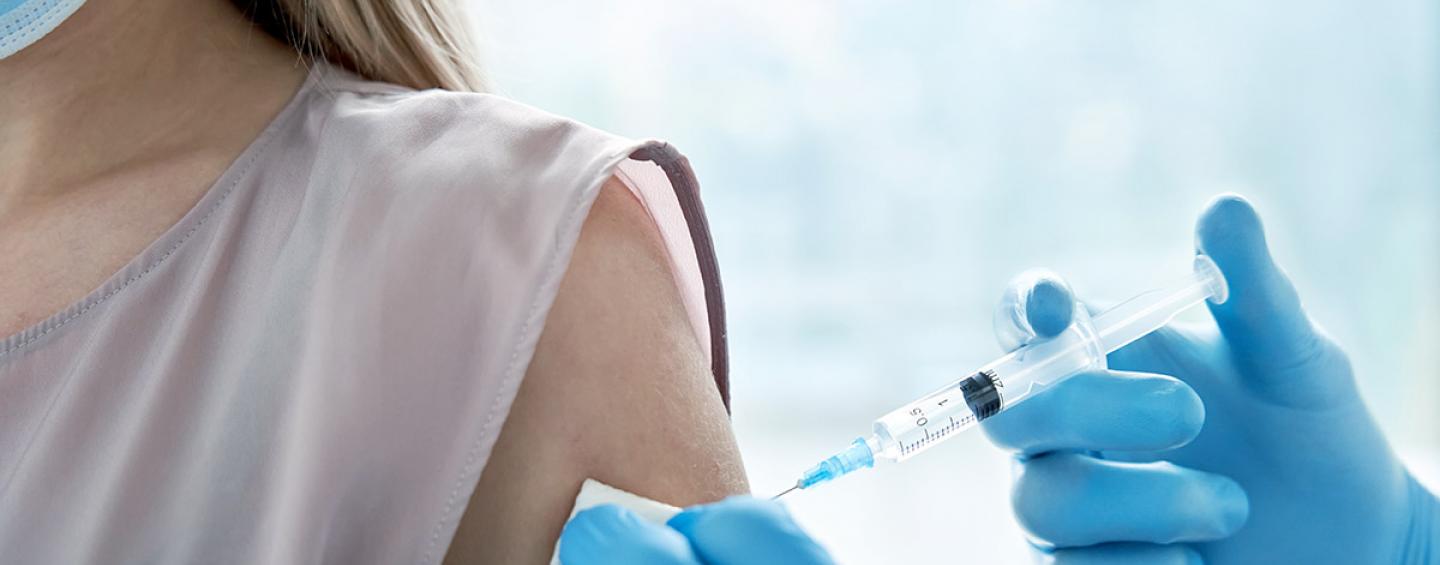
Coronavirus vaccination in the Netherlands for expats and internationals
Everyone living in the Netherlands is eligible for an EMA-certified COVID-19 vaccination. The vaccination programme includes residents registered in the Personal Records Database BRP (Municipal registration) and non-residents (living in the Netherlands) who are registered in the RNI (Non-residents Record Database) and Probas (staff of international organisations and diplomatic missions). In 2021 everyone aged 18 and over in the Netherlands will be invited to get vaccinated against COVID-19.
As of 11 July, more than 11.6 million people have received at least one vaccine in the Netherlands and more than 17.9 million vaccines had been administered. You can get the latest update on vaccination figures in the Netherlands from the National Institute for Public Health and the Environment (RIVM).
Since 23 June, everyone over 18 years who have not been vaccinated can opt for the Janssen vaccine, and can make an appointment with the Municipal Health Service (GGD) by calling 0800-1295. Read the official announcement here (in Dutch).
Since 2 July, young people aged 12 to 17 can choose to be vaccinated against the coronavirus if they wish. This can be done online or by phone.
Vaccination is voluntary
You have a choice in whether or not to get vaccinated. In other words, vaccination is not compulsory. Make sure that you are well-informed, so you can make the right choice. Being vaccinated will protect not only you, but also your family, friends, and vulnerable people in your surroundings from the coronavirus. Once the majority of people are immune to the coronavirus, the government can scale down the coronavirus restrictions.
Vaccination procedure
When it is time for your population group to be vaccinated, you will receive an invitation, either by post or email. The invitation will provide instructions on what to bring with you (such as your invitation letter and ID), and where you can get the vaccination. This could be at a large vaccination centre run by the Municipal Health Service (GGD), at your doctor’s office, or in a nursing home. Persons who have been vaccinated will receive a vaccination certificate and, upon request, a corresponding sticker for their personal vaccination booklet.
Healthcare workers will receive an invitation through their employer. People who do not work in the healthcare sector will receive an invitation from the National Institute for Public Health and the Environment (RIVM) accompanied by a letter from the GGD, or their family doctor/GP about their appointment.
Costs
The vaccination will be administered free of charge.
Vaccination schedule
The vaccination programme will be conducted in phases. Different vaccines will become available throughout 2021. At first, the available vaccines will be distributed with the aim to reduce severe illness and mortality because of COVID-19. Priority will therefore be given to healthcare workers who take care of vulnerable groups with a high risk of illness and death. Thereafter, these vulnerable groups themselves will be vaccinated. The general practitioners will identify other medical risk groups and RIVM will assign priority by age. Internationals will be integrated in the Dutch national vaccination programme according to the above-mentioned criteria.
You can refer to the proposed vaccination timeline on government.nl for healthcare workers and people who do not work in healthcare.
Which vaccines are being used in the Netherlands?
There are currently three vaccines being used in the Netherlands. They are: Moderna, BioNTech/Pfizer, Janssen* and AstraZeneca**.
All vaccines prevent people from getting sick from the coronavirus, but the way the vaccines work differs. Not all vaccines are suitable for every group. The cabinet will ascertain which vaccine to administer to each group. This partly depends on which vaccine is best suited to a particular target group. Where possible, vaccines will be given to the groups for whom they are most suitable. It is not possible to choose which vaccine you would like to receive.
*Note on Janssen vaccine: Starting from the week of 21 June, people who already have an appointment for another vaccine can opt for the Janssen vaccine instead, or make a new appointment for a Janssen vaccine if they do not have an appointment yet.
**Note on AstraZeneca vaccine: Following the Health Council's advice on 8 April, the government has decided to only offer the AstraZeneca vaccine to people born in 1960 or earlier. If you were born in 1961 or later, you will be offered a different vaccine.
Who will get vaccinated?
- Everyone registered in the Municipal Personal Records Database (BRP), Non-residents Record Database (RNI) or Probas (MFA) will get vaccinated.
- For RNI registrations the government is still working on an action plan.
- Privileged persons registered in Probas/MFA can reach out to their host state affairs colleagues for more information.
I do not live in the Netherlands, can I get vaccinated here?
- If you are registered in the Non-residents Record Database (RNI), with a passport and staying more than 1 month in the Netherlands
- Make an appointment online when your age group is being invited for vaccinations
- If you are not registered in the Non-residents Record Database (RNI) or Municipal Personal Records Database (BRP) and you do not have a Citizen Service Number (BSN)
- If you are Registered in the Municipal Personal Records Database (BRP)
- Please wait for an invitation for the vaccination from RIVM
What to do in the meantime?
- Ensure you are registered in the BRP/municipality (>4 months in NL), Probas (privileged, via MFA) or RNI (<4 months in NL)
- Ensure the contact details are registered correctly in the BRP/RNI/Probas.
- Ensure you are registered with a GP or family doctor.
Get more information about the Dutch Vaccination Programme here, or download the brochure.
For information on converting your non-EU vaccination certificate to an EU Digital Covid Certificate (DCC), visit our FAQ page.